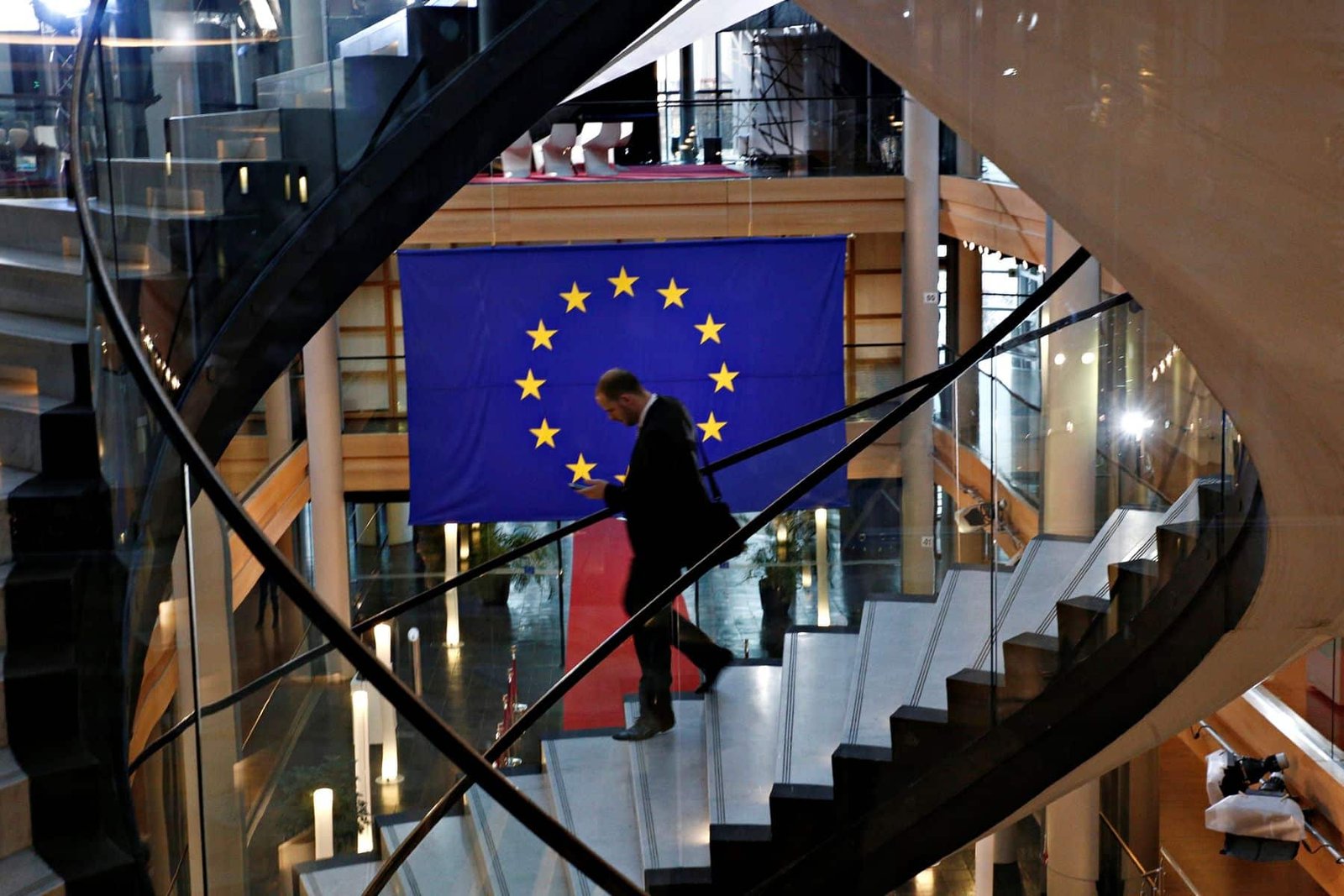Posposición de nuevas reglas de sostenibilidad y diligencia debida en la UE

Due diligence is the process by which companies can identify, prevent, mitigate, and explain how they address their actual and potential side effects (OECD Guidelines for Multinational Enterprises, Chapter II – General Policies, paragraph 10).
Due diligence can be included in broader company risk management systems, as long as they do not limit themselves to identifying and managing material risks for the company alone, but also include risks of harm related to issues covered in the guidelines (OECD Due Diligence Guidance for Responsible Business Conduct – Project 2.1, p. 8).
Due diligence programs are initiatives that can help achieve the goals of EU regulations and are «intended» to do so.
The methodology and criteria for these programs to be recognized as equivalent to the requirements of these regulations must be established in a Delegated Act to enable these regulations by individual economic operators who are members of the mentioned programs and to avoid double auditing ((((EU Regulation on Conflict Minerals).
Goodbye to Promised Measures
The European Parliament held on Thursday decided to postpone the enforcement data of new requirements regarding corporate diligence and sustainability information.
With 531 votes in favor, 69 against, and 17 abstentions, the Members supported the Commission’s proposal, framed within a broader set of measures to simplify regulations and strengthen the EU’s competitiveness.
To expedite the adoption of these measures, the Parliament agreed to process the file through the emergency procedure. For entry into force, the bill now has the official approval of the Council, which already supported the same text on March 26, 2025.
The new diligence standards will compel companies to mitigate their negative impact on people and the environment. Member States will have an additional year, until July 26, 2027, to incorporate them into their national laws.
An additional year extension will also apply to the first group of affected companies, including those belonging to the EU with over 5,000 employees and a turnover exceeding 1.5 billion euros, as well as companies outside the EU that surpass this threshold in the European market.
They only need to comply with the rules by 2028, the same deadline that will govern the second group, composed of European companies with over 3,000 employees and a turnover exceeding 900 million euros, as well as foreign companies reaching this revenue level in Europe.
On the other hand, the enforcement of Directive on Corporate Sustainability Information will be postponed by two years for the second and third group of companies subject to the regulations. Large companies with over 250 employees must submit their reports on social and environmental impact in 2028, corresponding to the previous year, while small and medium-sized enterprises will have another year and start reporting in 2029.
Context of the Extension
The European Commission presented on February 26 the simplification package named Omnibus I. In addition to the directive delaying the application of information and due diligence standards approved by the Parliament today, the package includes another directive that changes the content and scope of these requirements. Work on the latter will now begin in the Parliament’s Legal Affairs Committee.







